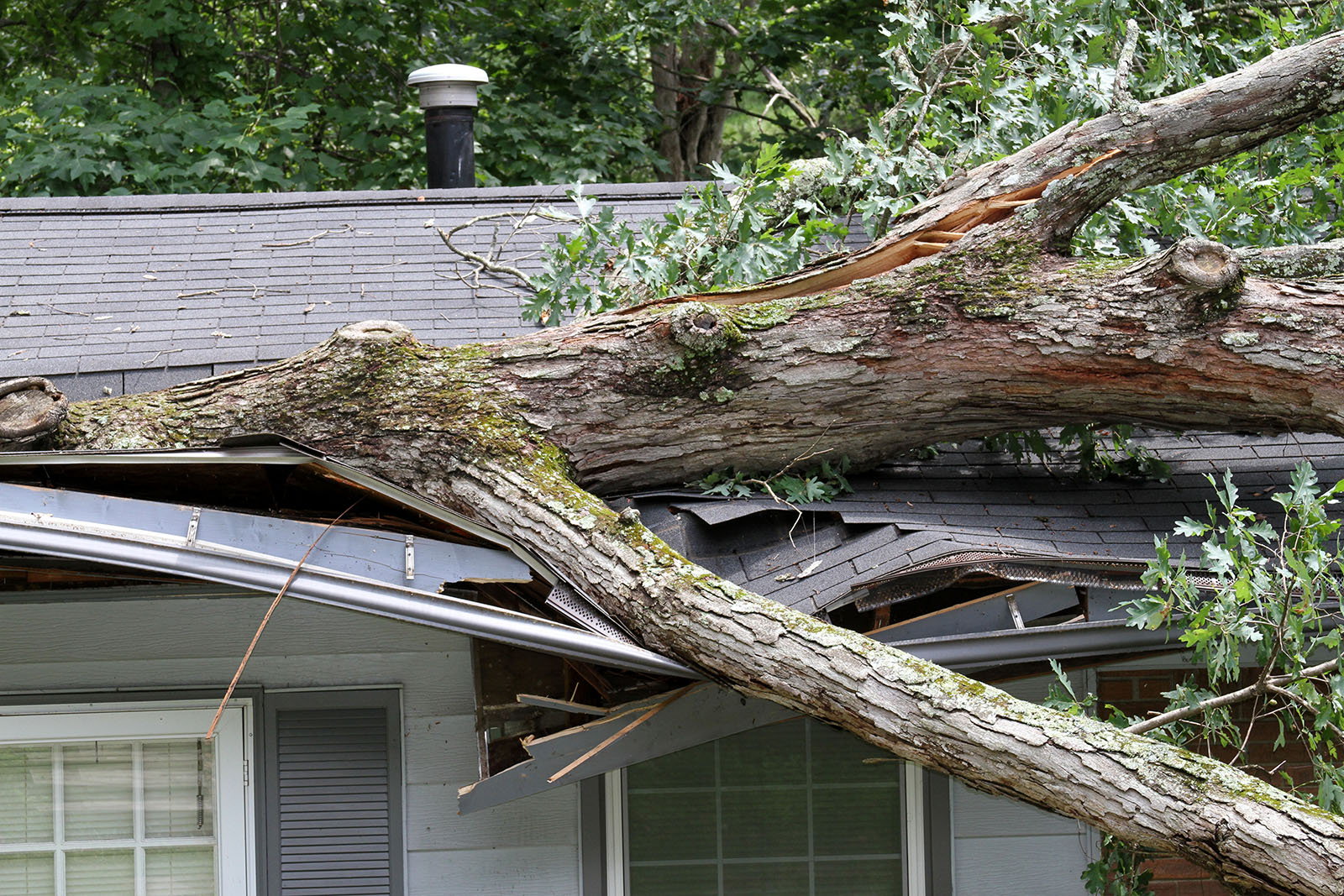A Policyholder Partner to Help You in Battles Against Insurances.
Serving the following Maryland counties: Prince George's, Howard, Anne Arundel, Charles, Montgomery, St. Mary's, and the Mid-Atlantic region.

Don’t Wait Until Disaster Strikes To Call the Experts!
Who do you turn to when a tree falls on your house? How about when your basement is flooding, or when your business sustains fire damage? The licensed experts at Shorter Settlements are here for you after any of these distressing events.
Of course, we’re also here for you before tragedy strikes. From home inspections to insurance appraisals, we will give you peace of mind that comes with knowing that you’re covered when disaster strikes.
How We Can Help
Our experienced inspectors are trained to spot problem areas that most property owners don’t even know existed; this allows for repair before they become bigger problems. Following damage, our inspectors can also assess damage and provide a comprehensive report.
Learn MoreEveryone knows the importance of insurance, but few truly understand their insurance policy. Our teams of experts will conduct an insurance review and explain your coverage, the insurance claim process, and the dangers of handling an insurance claim on your own.
Learn MoreMany property owners find themselves at odds with their insurance company’s analysis of their claim, and may not know they can dispute an initial offer. We know the ways insurance companies can lowball you and, as independent appraisers, we offer a second opinion!
Insurance AppraisalsRoofing regularly takes a beating from Mother Nature. Our Haag-certified roofing inspectors will inspect a damaged or leaky roof after a weather event or proactively look for potential problems that can easily be corrected now to avoid major expenses down the road.
Learn More“What is the value of my home?” Many homeowners can’t answer that question with certainty, which means they can’t say for sure whether their insurance would replace their home in the event of a total loss. We make sure you know your home’s true value!
Home Valuation AuditIn the aftermath of a disaster, many home and business owners try to handle their insurance claim on their own, resulting in a lowballed offer or claim denial. Be sure to call our licensed public adjusters for help with insurance claims and to gain the upper hand!
Learn MoreMany contractors, with the best intentions, try to fill the role of a public adjuster. This puts their license on the line and can result in insurance companies denying the claim or bringing in their own contractor, costing you the job. We will work with you to protect you and your customers.
Learn More